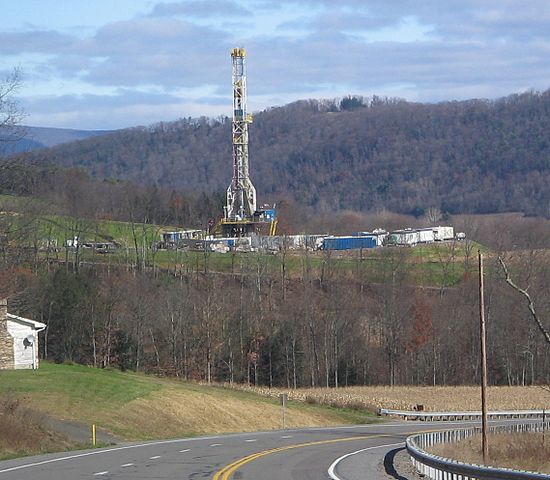Fracking plans dealt a setback in Bakersfield

Oil companies that want to extract oil using hydraulic fracturing, or fracking, techniques in California may now find the controversial process a tough sell.
Responding to pressure from the environmental community, the California agency responsible for regulating the oil and gas industry delivered a major setback to fracking in a decision likely to reverberate throughout the state. In a nutshell, the state’s Division of Oil, Gas & Geothermal Resources (DOGGR) reversed its decision to exempt an oil company from environmental review as required in the California Environmental Quality Act – an action that may set a precedent for future permit-seekers too.
The agency’s decision came after Sierra Club filed a lawsuit to force the agency to compile the environmental review that was totally lacking for this project and, by implication, for thousands of other such projects that have gone completely without public disclosure for many years. In a Nov. 27 letter to the oil company, Century Exploration Resources of Bakersfield, the agency wrote: "Following review and analysis of the legal challenge, [the agency] has determined that the proposed well operations will result in more than a minor alteration in the condition of the affected land, and therefore are not exempt pursuant to CEQA Guidelines section 15304."
“This is clearly a result of the Sierra Club lawsuit and is a first step towards public disclosure of the potentially massive environmental impacts, including possible fracking, of the thousands of new oil/gas wells that DOGGR has permitted this year alone," said Gordon Nipp of the Kern-Kaweah Chapter.
No rules for fracking
In a separate lawsuit filed in October, the Sierra Club, Earthjustice, the Center for Biological Diversity, Earthworks and other environmental advocates went to court to with a larger-scale pattern and practice lawsuit to force the agency to abide by the state’s foremost law that requires public disclosure and protects public health and the environment. “By turning a blind eye to fracking, California officials are letting oil companies endanger our air, our water and our climate,” Kassie Siegel, director of the Center for Biological Diversity’s Climate Law Institute said.
California wells have been pumping oil for more than a hundred years. As more easily exploited petroleum deposits have been used up and prices have climbed, oil companies have turned to fracking to increase production. Enticed by claims that more than 14 billion barrels of oil are trapped in the state’s Monterey and Santos shale formations, oil and gas companies have commenced an exploratory drilling and fracking campaign beneath central and southern California. These shale formations span 1,700 square miles across the San Joaquin Valley to the Pacific Ocean, including the Los Angeles basin, a region crisscrossed with active earthquake faults.
Prior to the decision, the agency has been rubberstamping oil and gas drilling activity, declaring it exempt from environmental review or issuing “negative declarations” that such activity will have “no significant effect” on the environment, without any study or mention of the potential impacts from fracking or other drilling techniques.
The agency’s new decision moves in the right direction.
“Burning fossil fuels has taken its toll on our planet for far too long. Now the desperate search for the last remaining drops of oil has reached a scale that threatens to add even more burden. All the while, the state regulators responsible for oversight have been too slow to respond,” said Jim Metropulos, former Senior Advocate at Sierra Club.
Photo: This is what hydraulic fracturing towers look like. The photo shows a platform set for drilling into the Marcellus Shale Formation for natural gas in Pennsylvania. Credit: Ruhrfisch



Add new comment